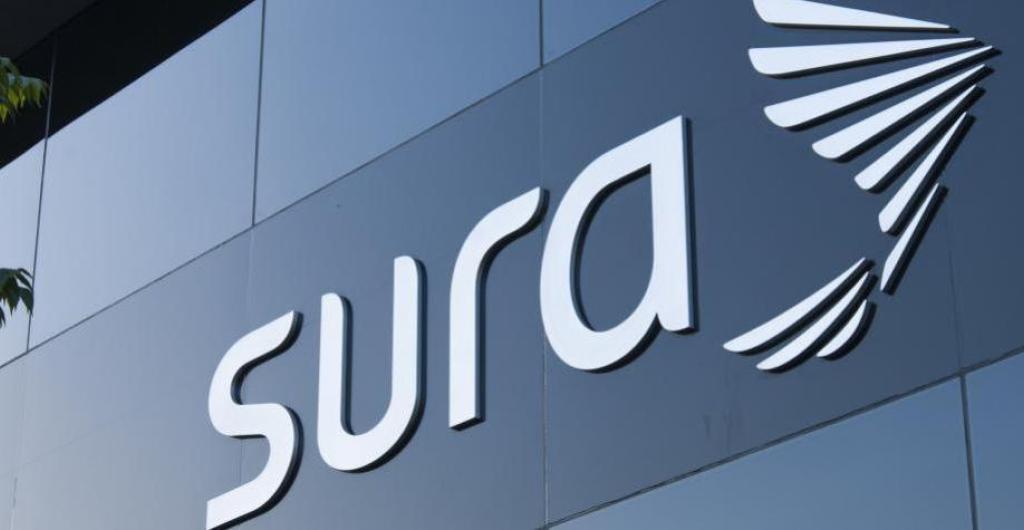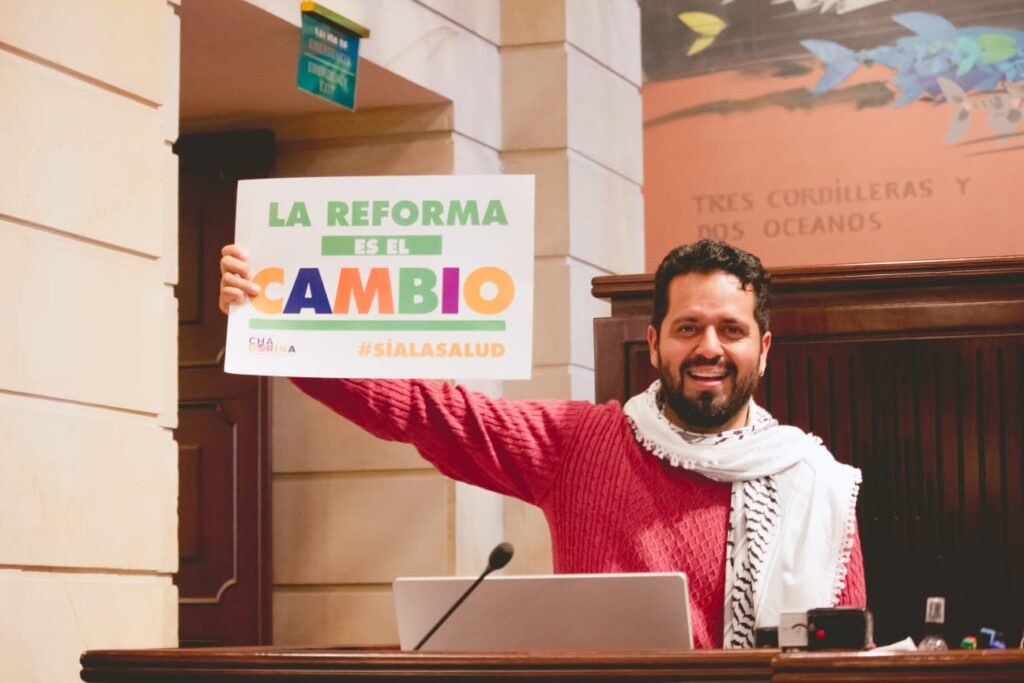
One of Colombia’s largest health insurance companies, Sura, announced last Tuesday that it has requested to be removed from the national healthcare system.
This decision has caused great uncertainty among Sura’s more than five million clients, especially after the dismantling of nine other healthcare insurance companies since 2022.
It has also sparked concerns that the exodus of Sura could upend the country’s entire healthcare system.

Colombia’s current healthcare system dates back to 1993 with Law 100 (Ley 100). In it, Health Promoting Entities (Entidades Promotoras de Salud), or EPS, were established as intermediaries between citizens in need of care and the government. Among their responsibilities, EPS are to: contract hospitals, clinics and laboratories; affiliate citizens to the healthcare system; manage and deliver medications and treatments; and conduct disease risk management.
This law also established the contributive and subsidized regimes. The former is for citizens who can afford to pay a pre-established fee, while the latter is intended for the “poor and vulnerable population” which cannot afford to partake in the contributive scheme.
Prior to 1993, the government was in charge of managing healthcare costs. It has since assumed a more passive role, paying EPS back for the services they provide — effectively having the private EPS manage public health funds. With this system, Colombia achieved universal health coverage in 2022, affiliating 99.6% of its population to the system, and comparatively Colombians pay for the least healthcare out-of-pocket expenses in the Latin American region.
Sura EPS was integrated into the system in 1995, and has become one of the most renowned healthcare providers in the country. In 2022, it was ranked as the best EPS in the contributive regime by Cuenta Alto Costo, a governmental institution responsible for reporting on the quality of EPS. However, Sura’s President Juana Francisca Llano claimed that “the inadequate funding of our system is historic and structural, within a judicial framework that provides unlimited coverage and services with a limited budget.”
The crisis within Sura became more acute because of the mass-transfer of users from intervened and liquidated companies to the few remaining ones, according to Llano. In fact, the national government took control of two other major insurers only last month — Sanitas and Nueva EPS — alleging that they failed to comply with the government’s criteria for adequate care. This also comes at a time when the Senate refused to approve President Gustavo Petro’s healthcare reform, which seeks to backtrack on Law 100 and make the government a direct healthcare provider once again.

José Antonio Ocampo, Colombia’s former Minister of Finance, stated on X that “Sura’s decision to remove themselves from the healthcare system indicates a need for an urgent dialogue between the government and the EPS … to find joint solutions to the structural problems of the system, and to not impose a poorly conceived and sustained reform.”
Insurance companies have been claiming that the government is transferring less per user than required, and not paying accumulated debt. Sura itself claimed more than $221,000 million Colombian pesos (roughly USD $57 million) in debt, with a technical equity of -$144,300 million and a deficit of $163,000 million (roughly USD $42 million). However, the government argues that the insurers have received outstanding transfers from previous administrations, thus already having the funds that they say they are owed.
Local news outlet W Radio suggested two possibilities: either the government has created an explicit crisis within the system, or the Colombian healthcare model is simply unsustainable.
Denis Silva, spokesman for the Pacientes Colombia social movement, claimed both options are true. “We do believe that there is a huge crisis within the healthcare system today due to lack of funding and leadership. However, we also know the individuals who are responsible for this.”
Regardless, Sura proposed a Progressive Clearing Program (Programa de Desmonte Progresivo) as a way to exit the system in a coordinated and controlled manner. “This is a decision that we have evaluated rigorously and responsibly for months, with which we seek to anticipate so that what happened to other EPS does not happen to us,” Llano stated in a press conference on Tuesday.
The status of Sura, and its relationship with the Colombian government, will become clear only after September 2, 2024, 65 working days after the announcement of its request to withdraw from the healthcare system. Until then, Sura claims it will continue operating normally. Nevertheless, when asked what could happen if the government were to deny the request, Llano explained that “right now, we just want to focus on getting the approval.”
This article originally appeared on Latin America Reports.





